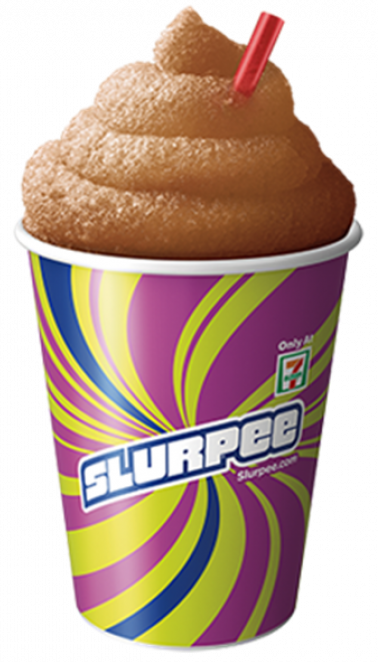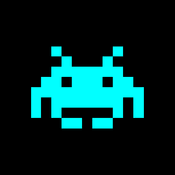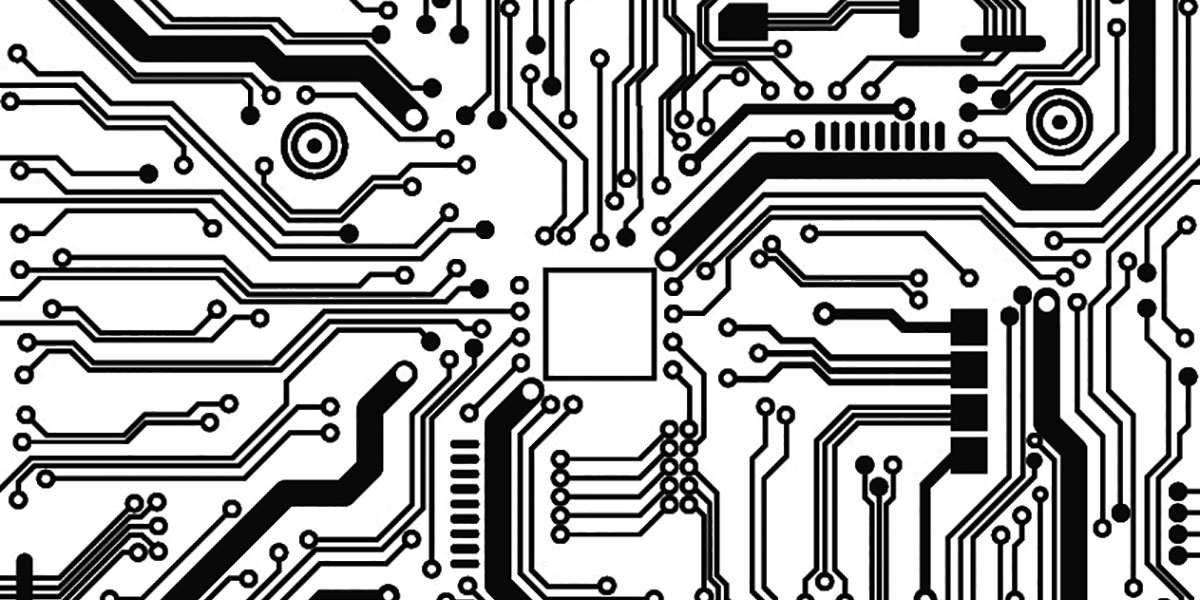When you get later into your career, especially when you’ve done a wide variety of things — being asked what you do, AKA who you are, is tough to nail down. In the first few years of starting work, you can tell people what you do. You’re a programmer. You’re a manager. You’re a sales guy. That’s good enough. But later on, you’ve proven yourself. You have a track record. And you need to stand out from people with that same kind of track record. And that’s pretty tough.
It’s a mistake to rely too much on other people to guide you on your journey. You can run into people who try to mold you into their ideal or their own image. Worse, you could model your life after some hero of yours. That sets you up for failure. You’re attempting to be someone you’re not. And people can see that’s not who you are from miles away. People don’t respect or trust you when you’re not yourself. The only guidance you should receive from others is how to do self-reflection and articulate that self-reflection into your own personal story. That allows you to confidently share who you really. And it gives others the cheat code for how to best work with you. Assessments for things like personality, leadership, and occupations are good when you’re starting your career. But when you’re seasoned, they tend to tell you what you already know but articulate it in a much nicer way.
There are key interactions and events that each of us has had during our lives. Both good and bad. They made us the people we are today. And you’re reliving them daily. You do things in your work and relationships to replicate your past in your present. You craft it yourself without knowing it. You can only see that you’re doing this when you reflect on your own life. I self-reflect by telling odd and funny stories about events and people I know. Others self-reflect through gaming, writing books, or making YouTube videos. No matter what avenue you take, you need to make self-reflection a priority. That means scheduling time a few days a week, and purposely doing it. To articulate the person you are, you need to learn how you operate and why. You need to understand your operating manual and what’s really in your DNA.
 |
A dominant gene in my DNA is that I have a real thing with Slurpees. It’s my comfort food. Things could be crashing and burning down around me. But all it takes is those cola-laced ice crystals to get my head on straight and do something about it. It makes me calm. It makes me focused. It makes me motivated. Coke Slurpees are my wingman for all good experiences in my life. Experiences with my father, my family, and with my work. I relive those experiences every time I have one. Slurpees are my trigger. They help me visualize pathways to success. Everyone has a Slurpee in their DNA. It could be a song, a person, or a hobby. We all come in different flavours. |
| Your dominant genes are all tightly interlocked. When you find one, you’ll easily find the others. My experiences and love for AI are interlocked with my love of Slurpees. Every time I drink a Slurpee, I see myself forty years ago, where my dad was putting one on the corner of my desk. I was making a video game using BASIC. Making these video games was my first real taste of AI. It all started with me wanting zombies to be smarter so they could swarm the player. I wanted the game to be more fun. Less predictable. The pickings for AI books in the early ’80s were slim. It’s not like today with the web. I was able to find only a handful of resources on AI. To learn more and understand more, I read about the psychology models that AI books cited and figured out how to code those models for video games. Application. That’s something that engineers do. |  |
Sometimes you have a gene in your DNA that is dominant. Then you do something that wakes it up. I graduated with a bachelor of science in computer engineering. The program focused on performance, constraints, and how heat can make the computer act odd. It was all about how to get around real-world constraints. Computer science at the time wasn’t like that. Unlimited speed, unlimited memory, unlimited disk space. Those kinds of assumptions didn’t resonate with me. Those late hours trying to make video games run faster and render faster played a big part in my choosing engineering over computer science. During my program, I became more methodical in my approach to design, models, and decision-making. And having access to the engineering department meant I had access to all the publications and the latest research. There were options for everything. Chips over software, software over chips, people over computer, and computer over people. There were answers you could look up if you knew where to look. I loved doing research. And I was ecstatic when working on my thesis in AI. I made the case for using syntactic pattern recognition-powered solutions as substitutes for DSP chips. Engineering school woke up my passion for options, something I didn’t realize was in my DNA.
 |
Digital Signal Processing (DSP) chips were starting to get big in the 90’s. Today, they’re so common that people take them for granted. |
After university, I stayed loyal to my DNA. I continued doing extensive research. It wasn’t pie-in-the-sky stuff. It was stuff you can apply to real-world problems. How to address them as an engineer. I was in the consulting world, exposed to executive coaches, innovation processes, organizational psychology, and business transformation. I used AI concepts under the guise of automation. At the time, AI had a bad rap and was deemed too academic. I started as a technical guy doing design and programming. Because of my passions in automation and psychology, I was brought on to do process redesign, business alignment, and talent development.
You may run into something mind-shattering that might just mutate your DNA. Mine was being part of initiatives where all options were on the table. That’s when I became a business engineer. That’s where you focus on the business side, tech side, and people side of the company. And once I realized what big picture thinking was and how to best do it, my eyes were opened to how mindsets can be used to make and break success. Mindsets limit options. They change methods. They can even change what the correct answer is. Mindsets determine what’s correct. They determine what’s right. With some, mindsets are separate from their DNA. With me, my DNA mutated to consider mindsets as a way to re-engineer the options and pathways to your success.
Today, mindsets always come into play with the things that I do. It’s why I have this drive to keep things moving forward, even if it’s just baby steps. Not doing so creates environments where people lose confidence, procrastinate, or sabotage success. This isn’t just a feeling. This is from living through the worst that can happen and then having to rally people together and do something about it. And to always keep moving forward requires you to have a clear line of sight to the finish line. You don’t need to know all the details, but you sure should have a good idea of how you’re going to keep moving even when you stumble. You have to keep going. Motivational speeches don’t cut it. You need a plan. And you need to stay on it.
To know who you are, you articulate who you are.
You self-reflect.
You find your Slurpee.